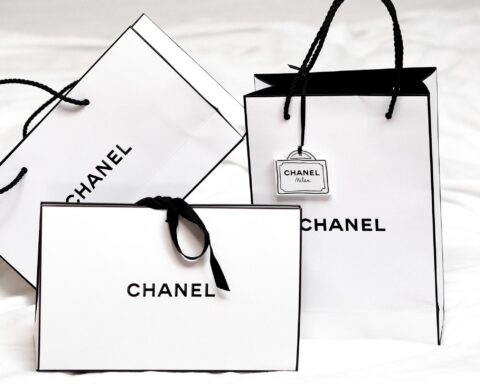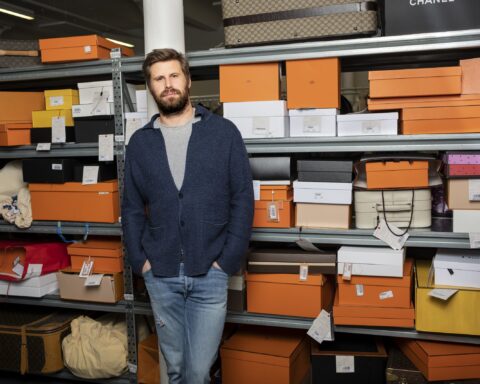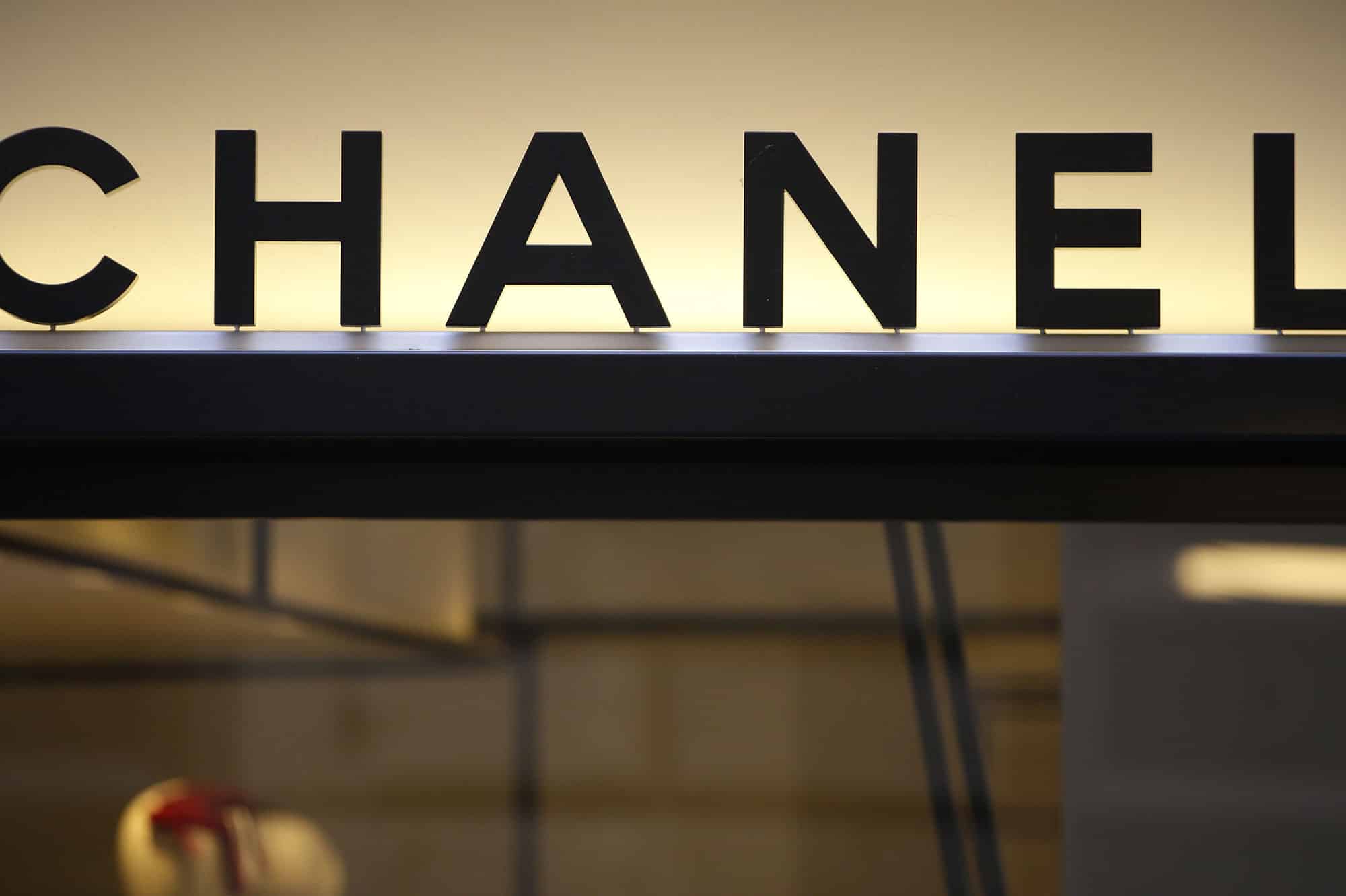On February 8, the Federal Court of Manhattan ordered the artist Mason Rothschild to pay $133,000 to the House of Hermès. The reason? The marketing of NFTs, reproducing without authorization the Birkin bag of the brand. To have a legal insight on the subject, Luxus Plus interviewed Emmanuelle Hoffman, a lawyer specialized in intellectual property law. She is also the scientific director of the 3rd edition of the legal conference on fashion, luxury and design, which will be held on March 9.
In the case of Hermès v. Mason Rothschild, the Court found the artist liable on three counts: infringement, trademark dilution and cybersquatting (due to the use of the domain name <metabirkins.com> which was considered confusing and could lead to the belief that there was a link with the House of Hermès).
What is your view on the court decision?
In my opinion, this is an extremely positive decision for rights holders, as it applies to any product of any kind, including technological innovations such as NFTs. It was important that a Court took note of the infringing character of the trademark. Indeed, it considered that there was both infringement and dilution of the “Birkin” trademark held by the House of Hermès but also cybersquatting, due to the reservation and use of the <metabirkins.com> domain name – still online today.
While the recognition of acts of cybersquatting is not surprising (it is indeed a classic basis, which aims at the registration of a domain name including a protected trademark in order to take advantage of its notoriety), the recognition of the infringement of the “Birkin” trademark given the marketing of virtual handbags was more uncertain. This first decision demonstrates for the time being that trademarks are protected even in the virtual world, including NFTs.
In his defense, the artist cited works by Andy Warhol, notably his reproductions of Campbell’s cans, to justify the right of artistic quotation. Is this a good argument in your opinion?
Yes, Mr. Rothschild invoked the First Amendment of the U.S. Constitution and therefore freedom of expression, arguing that the MetaBirkins bags were an homage to the iconic Hermès handbag. The jury that had to decide on the issue, however, considered that the disputed bags were not works of art but merchandise, and therefore subject to trademark law.
Freedom of expression, like any fundamental right, must be balanced against intellectual property rights. In French law, certain exceptions to the monopoly conferred by copyright have their source in freedom of expression. However, the commercial purpose behind the work is likely to undermine any claim to freedom of expression.
Thus, the fact that Mr. Rothschild’s project resulted in the publication of 100 MetaBirkins NFTs, each priced at $450, may have contributed to the juries’ denial of his free speech claim.
Do you think this decision will set a precedent and should we see it as the beginning of the regularization of NFTs?
This decision is certainly particularly interesting from the point of view of the application of trademark law in the context of NFTs. For the time being, it would seem that the existing legislation is considered sufficient to include trademark protection in the NFTs universe. It will be necessary to pay particular attention to the next decisions, in order to determine whether this is an isolated decision or whether we are facing a real jurisprudence that is being established.
In parallel, it is interesting to note that on the same day, the EUIPO (European Union Intellectual Property Office) refused the registration of the famous Burberry tartan as a trademark to cover NFTs. The EUIPO stated that the tartan was devoid of distinctiveness for the goods and services related to NFTs, while specifying that the distinctiveness acquired through use could not be invoked for these new products.
However, the letter of this decision opens a door to a possible protection of virtual products, through the corresponding physical products: “The Office notes that consumer perceptions of real-world products can be applied to equivalent virtual products, as an essential aspect of virtual products is to imitate the fundamental concepts of real-world products,” it reads.
Read also >USA : The American artist Mason Rothschild condemned for NFT of Hermès bags
Featured picture : ©Cabinet Hoffman












